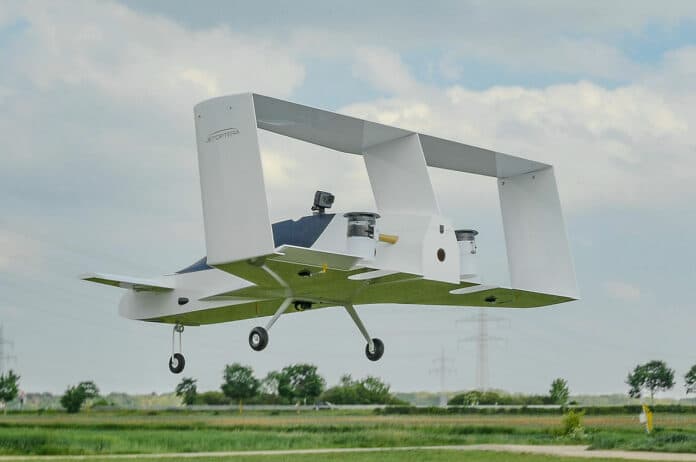The “fasten seat belt” sign is off, signaling the perfect time to indulge in a celebratory airplane beverage. However, this strategy might not be the best choice, according to recent research. Researchers have found a potential link between drinking alcohol on flights and an increased risk of heart complications.
Airplane cabins are pressurized to simulate an altitude of 8,000 feet (2,438 meters), resulting in lower air pressure and reduced oxygen levels compared to ground level. When alcohol consumption is combined with sleep in this environment, it can reduce blood oxygen levels and potentially increase heart rate, even in young and healthy individuals. This is especially relevant at cruising altitudes and during long-haul flights.
Study Findings
The study, published in the journal Thorax, involved healthy volunteers who consumed alcohol or a placebo in a simulated airplane cabin environment. Researchers observed:
- Decreased Blood Oxygen Levels: Participants who consumed alcohol experienced a significant drop in blood oxygen levels compared to those who didn’t drink.
- Increased Heart Rate: Alcohol consumption also led to a rise in heart rate during sleep in the simulated flight.
What to Consider Before Raising a Glass Mid-Flight
If you have underlying heart problems, consult your doctor before consuming alcohol on a plane. Staying hydrated is crucial, so drink plenty of water and avoid sugary drinks and excessive caffeine, which can cause dehydration. Instead of alcohol, try relaxation techniques like meditation or deep breathing exercises to unwind during your flight.
The Bottom Line
While enjoying a beverage on a flight may be part of your travel routine, this new research suggests taking a cautious approach. For a healthy heart, it might be best to limit alcohol consumption while flying or avoid it altogether. Opting for water and prioritizing hydration can help ensure a more comfortable and potentially heart-healthy travel experience.
Nidhi is a gold medalist Post Graduate in Atmospheric and Oceanic Sciences.







